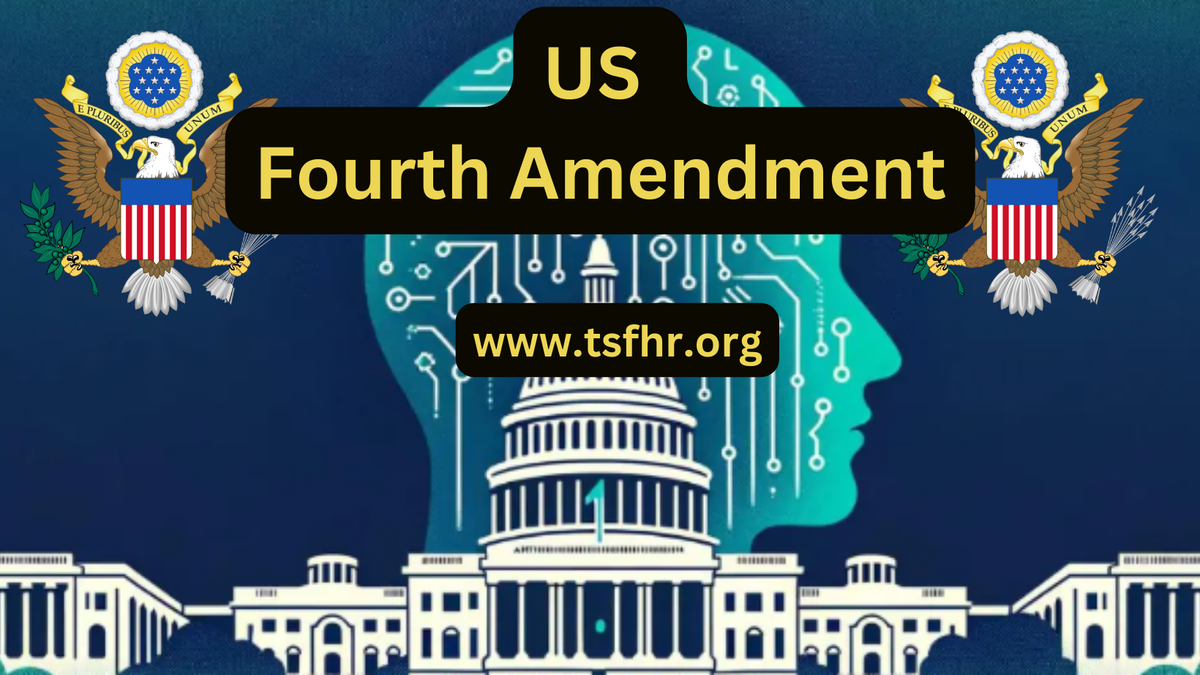What Is the 4th Amendment in Simple Terms : (4th Amendment, fourth amendment, 4th amendment, amendment 4, 4 amendment simplified, 4tg amendment, fourth amendment rights, 4th amendment right to privacy, unreasonable searches and seizures). Discover what the 4th Amendment means in simple terms. Learn why it was created, why it’s important, and see examples of 4th Amendment rights in action.
Have you ever wondered what protects your privacy from unwarranted searches or seizures? The 4th Amendment to the U.S. Constitution is one of the key safeguards ensuring that your rights are respected. In this article, I’ll break down the 4th Amendment into simple terms—whether you’re a student, a curious learner, or someone who enjoys understanding the foundations of freedom. Let’s dive in and explore what this amendment really means and why it’s crucial in today’s world!
The 4th Amendment
What Is the 4th Amendment in Simple Terms?
- Overview of the 4th Amendment’s purpose and main provisions.
- Explanation in layman’s terms using examples like personal privacy and police conduct.
- How the amendment empowers citizens by protecting their rights.
Why Was the 4th Amendment Created?
- Historical context: British colonial rule and the abuse of general warrants.
- Founders’ intent in drafting the amendment to ensure personal liberties.
- The balance between individual rights and government authority.
Why Is the 4th Amendment Important Today?
- How it protects against unwarranted intrusions in the digital age.
- Examples of how it applies to online privacy, phone surveillance, and home security.
- The role it plays in maintaining trust in law enforcement and the judiciary.
What Are 4th Amendment Rights?
- Simplified explanation of protections against unlawful searches and seizures.
- Real-life examples, such as needing a warrant to search a house or car.
- The consequences when 4th Amendment rights are violated.
Examples of the 4th Amendment Being Violated
- High-profile cases where the 4th Amendment was ignored or breached.
- What happens legally when rights are violated—suppression of evidence and lawsuits.
What Does the 4th Amendment Mean in Florida or Other States?
- State-specific applications of the 4th Amendment, such as Florida’s unique laws.
- The interplay between state and federal protections under the amendment.
How Can Understanding the 4th Amendment Increase Productivity?
- Personal productivity: Knowing your rights can help you navigate legal situations confidently.
- Business productivity: Companies that comply with the 4th Amendment avoid legal issues and fines.
- Examples of how understanding the amendment can save time and resources.
Conclusion:
The 4th Amendment is more than just a legal safeguard—it’s a foundation for personal freedom and security. Whether you’re learning about it for school, preparing for a quiz, or simply curious, understanding the amendment in simple terms can empower you to protect your rights. Remember, staying informed is your first step toward safeguarding your freedoms.
Other Amendments Articles
US Constitution Amendments List Simplified | US Bill of Rights And Amendments
FAQs About the 4th Amendment
When Was the 4th Amendment Created?
Date of ratification and its historical significance.
What Does the 4th Amendment Say in Simple Terms?
Clear breakdown of the amendment’s wording.
What Does the 4th Amendment Mean in Kid Terms?
Child-friendly explanation using relatable scenarios.
What Is the 4th Amendment of the Bill of Rights in Simple Terms?
How it fits within the broader framework of the Bill of Rights.
4th Amendment Rights Simplified:
A bulleted list summarizing the core rights guaranteed.
